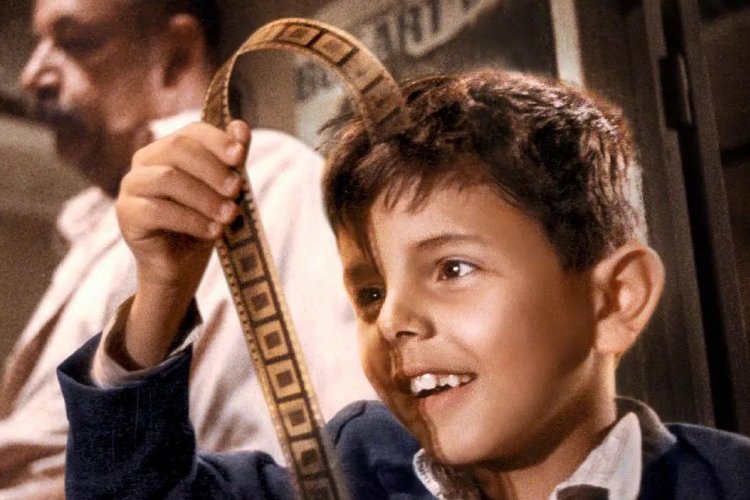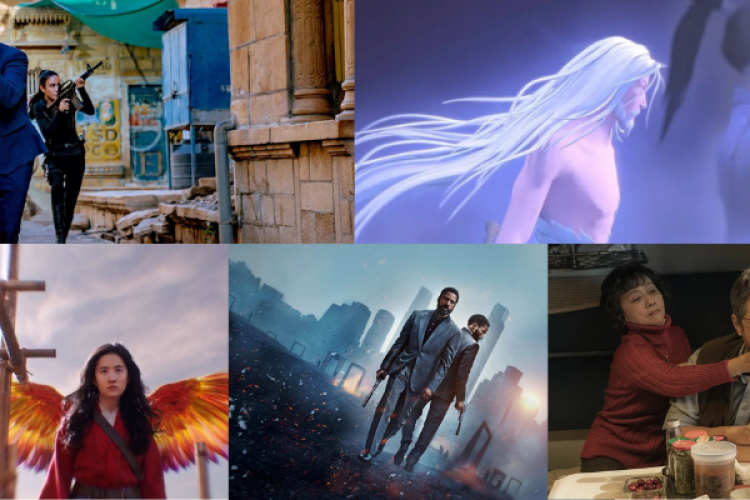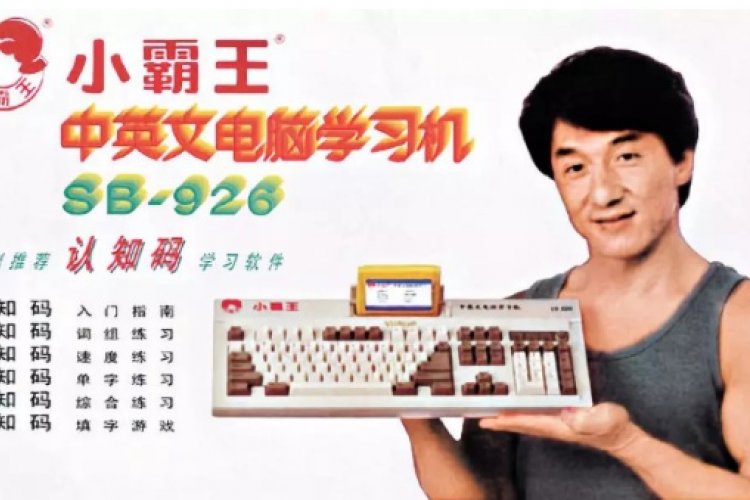'The Old Barber' Documents Death, Dignity, and a Dying Art in Rapidly Changing Beijing
Movies are like time machines, transporting us into the past and allowing us to revisit people and places that are no longer there. In our Sino Silver Screen column, we feature Beijing-focused movies from the dawn of cinema to now.
Making its premiere at Fukuoka Asian International Film Fest in 2006, the heart-wrenching independent movie The Old Barber from director Chaolu Hasi has stood as a testament of the radical power of realistic filmmaking.
The film follows the daily life of the then 93-year-old protagonist Jing Kui, a barber who over the last 80 years has given haircuts to countless people from all kinds of walks of life, including China’s most notable Peking Opera artist Mei Langfang. However, these days Jing's regular customers are mostly old men living alone in Beijing's remaining hutongs.
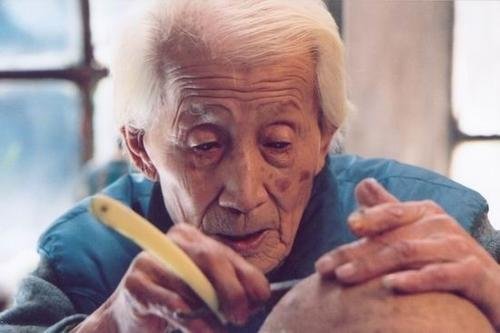
The film opens with Jing starting his day, awoken by an old metal alarm clock that is five minutes slow, each tick seeming to allude to the fact that Jing's days are numbered too.
As most of Jing's customers are not in good enough health to leave their homes (despite being for the most part much younger than Jing himself), he visits them at home. There is Old Zhang, who owns a small restaurant that is facing demolition; Old Mi, whose only company is a black cat; and Old Zhao, whose son rarely visits even though he lives in the same city. Through his visits to these empty-nesters, Jing sheds light on the problems and challenges of aging, issues that are causing universal concern.
After each haircut, Jing usually stays for a cigarette and chat. Conversations frequently revolve around life, and of course death, a topic that comes so naturally and is seemingly weightless to people of their age. The men talk about all the customers who have since passed away (over 400 by Jing's estimates), and hold chilling, but convivial, conversations about when they imagine their own last day on Earth will arrive.
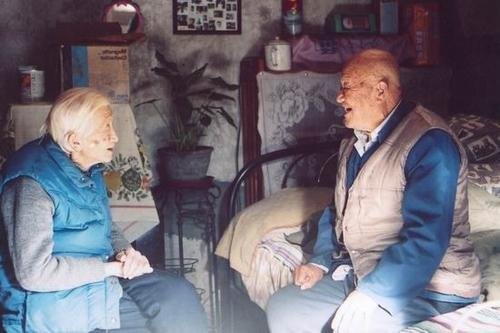
So as not to be a burden of his own careworn son, Jing secretly contacts a funeral home to make preparations for his own funeral. He is told to prepare a "Mao suit" (中山装 zhōngshānzhuāng) to be buried in, a portrait (遗像 yíxiàng) to be displayed at his funeral, and a bio of 500 words.
Jing tries to record his bio using a tape recorder, but finds the exercise difficult, pausing for a long time while the camera captures him head-on as he stares silently at his own black-and-white photo. The camera lingers on his placid face while memories from his youth, and the many decades since, seem to swirl inside him.
Later in the film, when Jing is returning home he has a dizzy spell and is forced to sit down, supporting himself against a wall. While Jing temporarily loses consciousness, the world around him doesn't stop for a second – rickshaws carrying tourists rush past and kids play merrily in the street. The divide between Jing’s aging hoary head and this bustling, rapidly changing world is fraught, and makes for a scene with profound emotional weight.

The movie ends with the camera trained on Jing's back as he slowly walks into the distance, fading just like the alleyways, traditions, and contemporaries that defined his life and now stand at odds to the era of rapid modernization that surrounds them. It's a sad message that echoes throughout the entire movie.
While nothing really "happens" in The Old Barber, the emotional force that it embodies is uncontested. With scenes that capture the city's old hutong areas and the interiors of people's houses, we are privy to a lifestyle from another era. Likewise, the venerable protagonists that make up these communities remind us of the growing but largely voiceless aging population that lives and dies beside us. For that reason, this restrained documentary about the final act of one man's life is both an artistic and nostalgic reflection on the fluidity of Beijing, and a solemn dialogue with a generation that will soon be gone.
READ: Modern Design Meets Old Beijing Culture at Dongsi Hutong Museum
You can stream The Old Barber in its entirety here, with Chinese and English subtitles.
More stories by this author here.
Email: kuang@thebeijinger.com
Instagram:beijinglights_
Photos: Mtime


